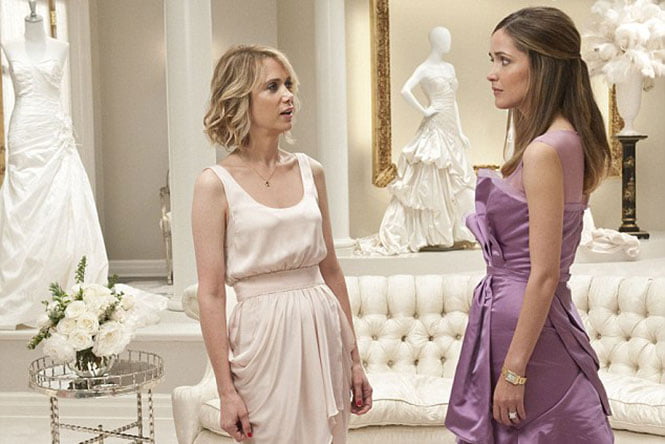MOVING FROM CONFLICT TO CONNECTION

by Couples Counsellor Annie Gurton, from Sydney’s Northern Beaches.
Many people avoid conflict. In fact most people believe that conflict is destructive and unhealthy, and to be ducked or sidelined at all costs.
But conflict is a part of life. It exists as a healthy part in any relationship, and is far from necessarily bad. In fact a relationship with no apparent conflict may be unhealthier than one with frequent conflict.
Conflicts are critical events that can weaken or strengthen a relationship. Conflicts can be productive, creating deeper understanding, closeness and respect, although its also true that sometimes they can be destructive, causing resentment, hostility and divorce.
How the conflicts get resolved, not how many occur, is the critical factor which determines whether a relationship is healthy or unhealthy, mutually satisfying or unsatisfying, friendly or unfriendly, deep or shallow, intimate or cold.
Conflicts run all the way from minor unimportant differences to critical fights. There are conflicts of needs, wants, preferences, interests, opinions, beliefs and values.
Sometimes conflicts are minor and sometimes they point to deeper underlying incompatibilities, or to deeper issues being played out.
In Imago therapy, we look at how conflicts allow us as adults to heal the wounds of our childhood. A relationship is the place where we can face the past with safety and without judgement, and also offer our partner an opportunity to revisit painful memories and lay ghosts to rest. In fact, what is actually going on underneath most conflicts, whether its about who puts the bins out or who takes care of the finances, is directly linked to the way our family of origin behaved around us and towards us.
Almost everyone believes that they are easy to live with. But living with other people is incredibly hard, even more so if we bring into the relationship a set of baggage from our childhood and recent adulthood. Every experience we go through, every environment we live in, has an effect on us, and when we are dealing with conflicts (small and large) it is actually these old scars that we are dealing with and perpetually renegotiating.
But there is hope. When an Imago therapist works with a couple in conflict, the aim is to get them to listen so the other will talk and talk so the other will listen. The therapist will go over those old memories, even (or especially) with people who claim that their childhoods were carefree, easygoing and joyously happy. Using a structured dialogue, couples start to realise how their current behaviour is frequently a repeat of earlier patterns of behaviour which were learned responses to early life events. And through this process comes vulnerability, and a deeper love for each other. For its only when we see our partners emotionally naked that we can really appreciate the way that they build defences and have standard responses, which in turn trigger us to behave in a certain way.
Couples who go through the Imago process learn to talk to each other about the conflict and often quickly realise that they have much more in common that they had thought. Apart from frequent co-incidences, like both being eldest children or both being the children of an acrimonious divorce, or with similar childhood bereavements, there are often many, deeper, similarities between couples. They are what attracts us to each other.
We don’t exactly understand the mechanism yet, but love-at-first-sight certainly exists, along with the certainty that this is your life partner within an hour (sometimes less) of meeting. What we do know is that there is very often a strong connection between people which lasts through a phase of bonding and cementing the relationship, but inevitably comes under stress when conflicts start to emerge.
Its important to see those conflicts, not as the beginning of the end but the end of the beginning, and now the real work truly begins.

Recent Comments